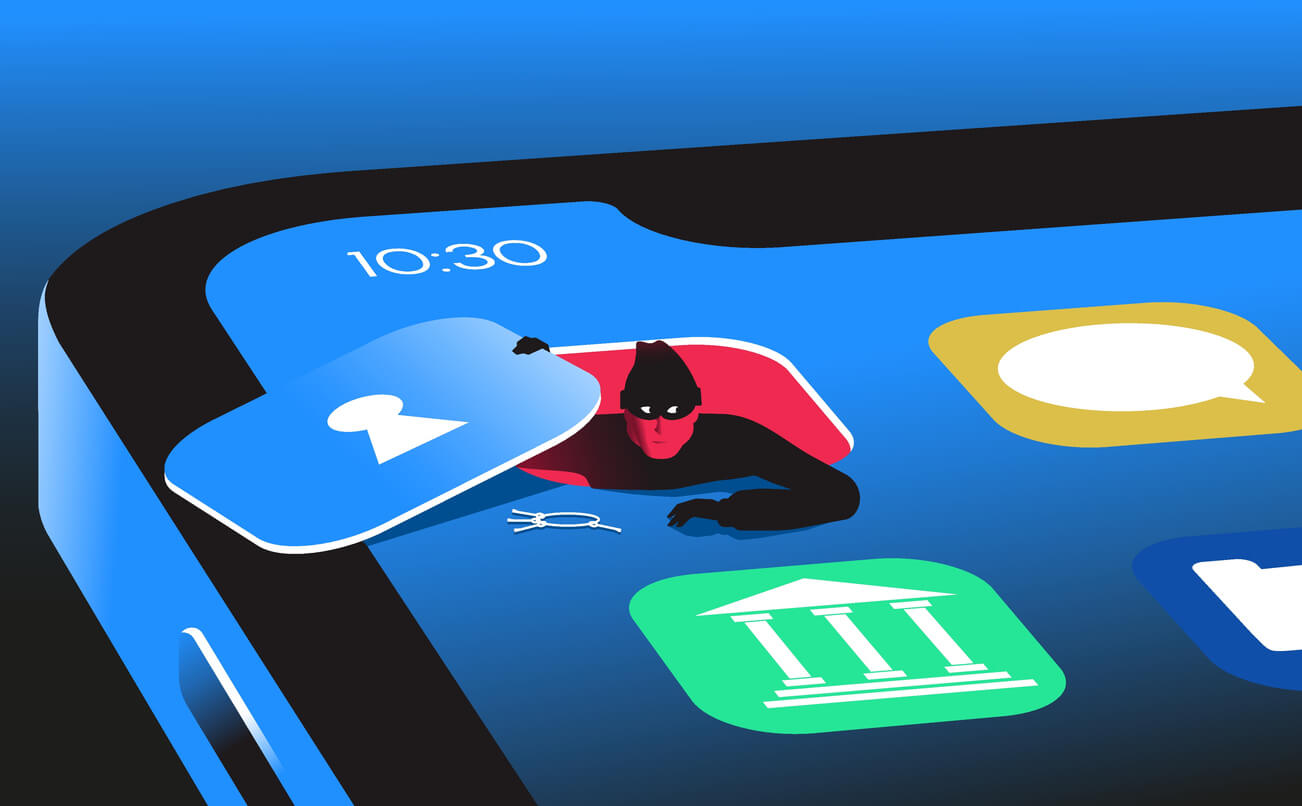Here’s How to Stay One Step Ahead of Hackers
Let’s be real—most of us are guilty of reusing passwords for convenience. After all, who wants to memorize a new one every time? But if your go-to password is a variation of “Password123,” it might be time to rethink your cybersecurity habits, especially when it comes to your 401(k).
While your TikTok or Netflix account might just need a password reset after a hack, a compromised 401(k) account can have lasting financial consequences.
Why You Should Care
We live in an era where our digital lives are deeply intertwined with our financial future. From online shopping to streaming subscriptions, it’s all too easy to forget that the same habits we use to secure our everyday accounts can leave us vulnerable to more serious consequences. Worldwide, cybercrime cost companies an estimated $8 trillion in 2023, a staggering number that is expected to rise to nearly $24 trillion by 2027.
When it comes to your 401(k), your future wealth could be at risk if you don’t take cybersecurity seriously.
Hackers Know Your Habits: Cybercriminals count on people using the same weak passwords across multiple accounts. Once they crack one, they’ll try it everywhere.
Your Financial Data Is More Valuable Than Likes: Your TikTok account might get hacked for laughs or clout, but financial accounts like your 401(k) are far more enticing to cybercriminals. Retirement accounts hold more than just your money—they store personal data that hackers can exploit for identity theft.
The ‘Set It and Forget It’ Trap: Unlike your checking or savings account, you’re less likely to monitor your 401(k) regularly. Hackers know this and take advantage of the lack of oversight to go undetected for months.
AI and ML in Cybersecurity: Attackers are increasingly using artificial intelligence (AI) and machine learning (ML) to automate attacks, craft more convincing phishing emails, and even pinpoint vulnerabilities in target systems. As AI and ML continue to evolve, their impact on digital threats is expected to grow.
How Hackers Exploit Weak Cybersecurity
Hackers don’t need advanced tactics if your security habits leave the door open. Here’s how they gain access.
Password Reuse
Using the same password for your 401(k), social media, and email gives hackers a master key to your online life. If one account is compromised, they’ll try the same password across other platforms.
Phishing Scams
A convincing email that looks like it’s from your 401(k) provider might trick you into sharing login details. Hackers are experts at mimicking legitimate communications.
Malware and Keylogging
Clicking on the wrong link or downloading an unsafe file can install malware on your device, allowing hackers to track your keystrokes and steal passwords.
Check out our blog “Tips to Avoid Identity Theft and Financial Scams” and read about in-depth types of identity theft and warning signs of each.
How to Secure Your Financial Future
Protecting your financial accounts doesn’t require you to be a tech expert. A few simple steps can make a huge difference:
Upgrade Your Password Game: If you’re reusing your Netflix password for your financial accounts, stop now. Hackers target easy wins, and reusing passwords makes you an easy target. Avoid simple phrases or personal details like your birth year. Use long, complex passwords unique to your financial accounts. If remembering all your passwords feels overwhelming, consider using a password manager like Keeper.
Don’t Skip Multi-Factor Authentication (MFA): Think of MFA as your account’s bodyguard. MFA adds an extra layer of security by requiring you to verify your identity through a text message, app, or email code. Even if someone steals your password, they can’t access your account without this second step.
Be Suspicious of Too-Good-to-Be-True Links: Got an email about a bonus deposit? Check the sender before clicking. Double-check the sender’s email address—scammers often use addresses that look legitimate at first glance. If you’re unsure, contact your 401(k) provider directly through their official website or phone number.
Public Wi-Fi = Risky Business: Using Starbucks Wi-Fi to access your financial accounts? That’s like leaving your wallet unattended on the table. Use a VPN or wait until you’re on a secure network.
Check Your Accounts More Often: Log in at least once a month to spot any unusual activity. Treat it like scrolling through your favorite feed—except this time, you’re safeguarding your future. Set up reminder alerts and check for unauthorized changes, suspicious withdrawals, or login attempts.
Think Long-Term: Cybersecurity Is Wealth Protection
Your financial future depends on more than just saving and investing—it also relies on protecting what you’ve worked so hard to build. Think of cybersecurity as an extension of your financial planning.
Imagine saving diligently for years, only to have your retirement funds compromised because of a reused password or a phishing scam. Taking a few proactive steps today can save you from a massive headache—and potential financial loss—later.





